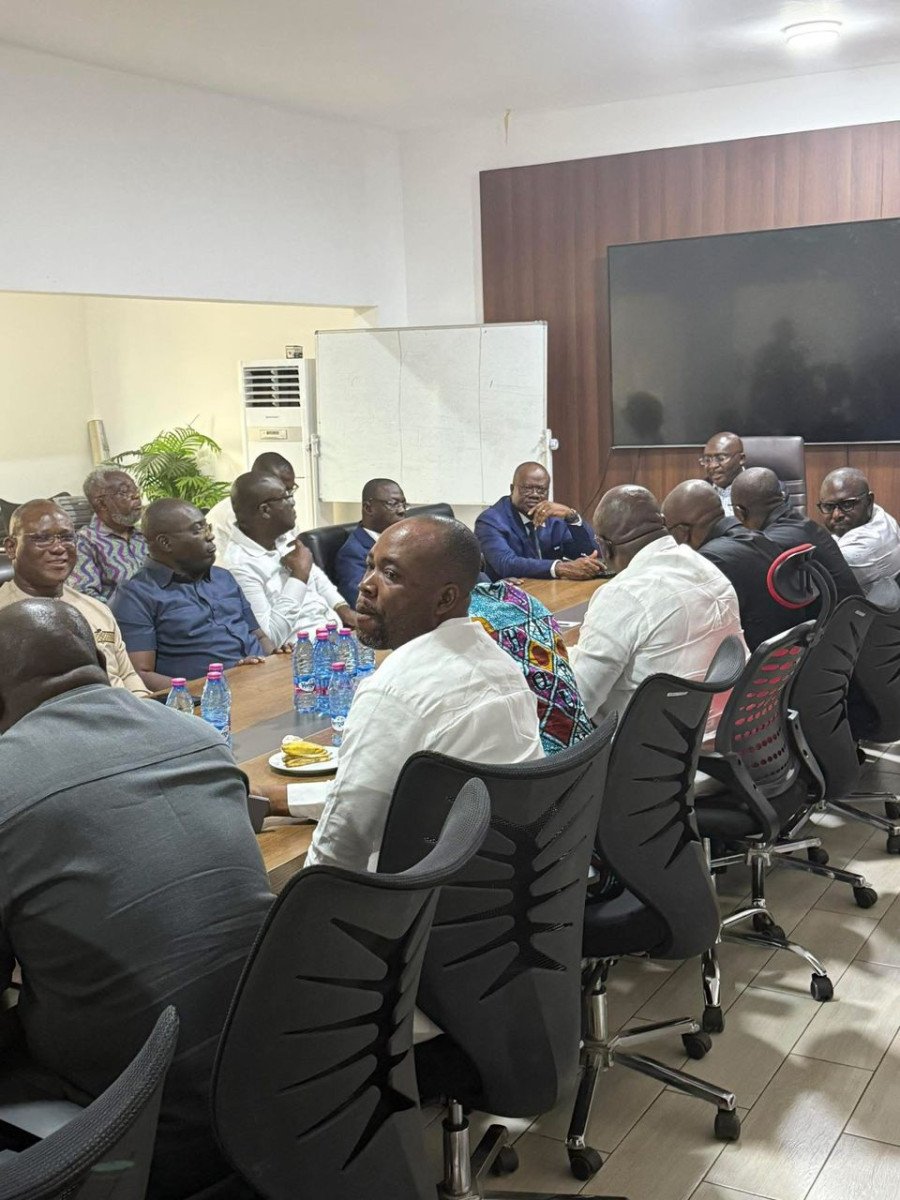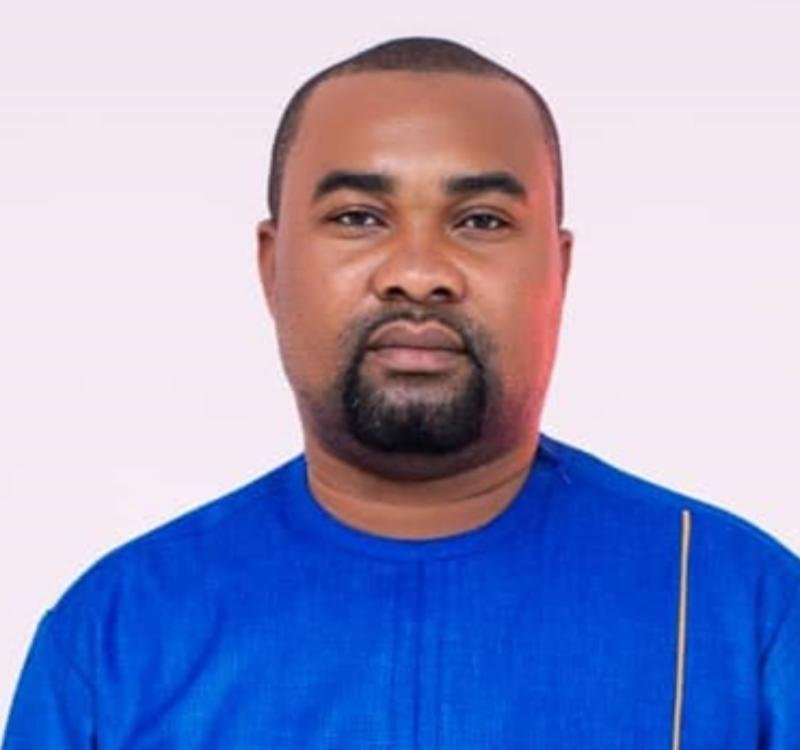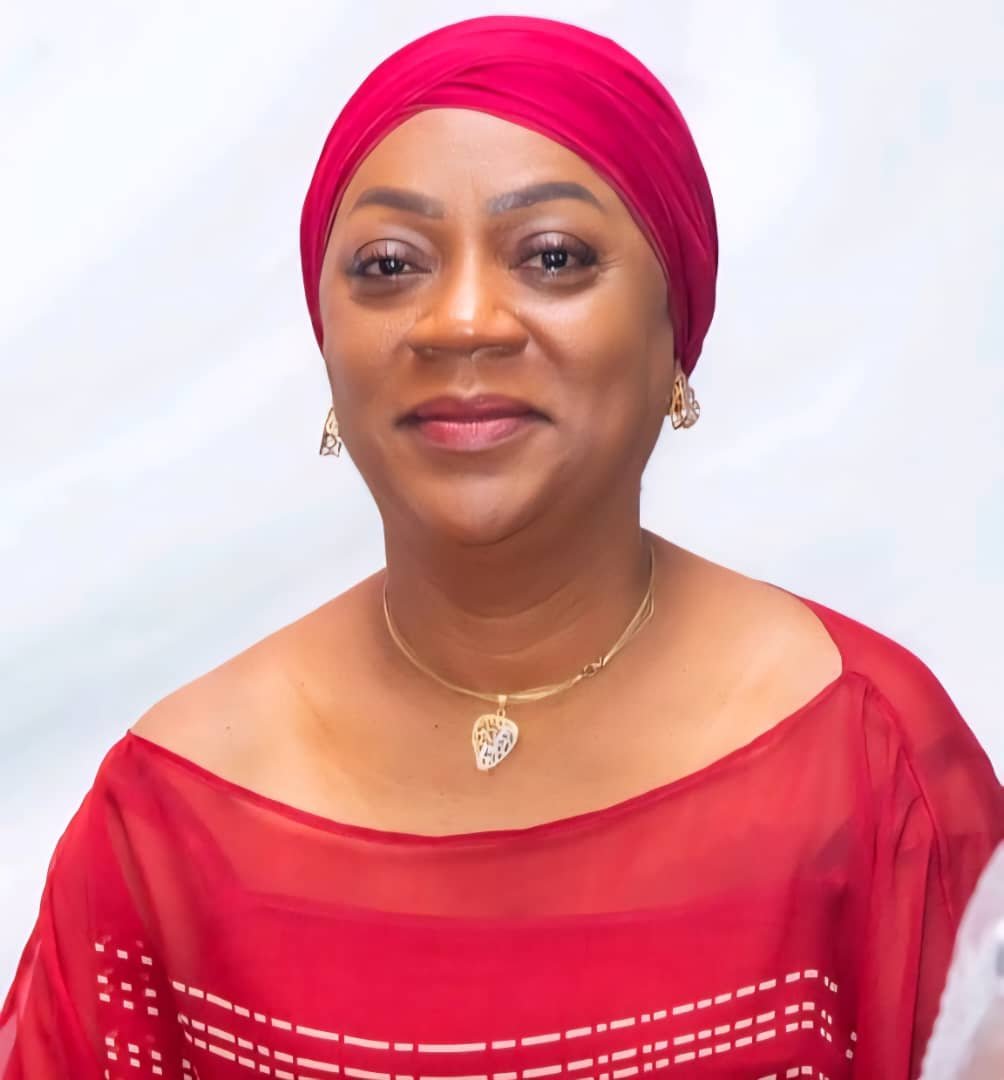At a market in Nigeria's northern Kano state customers stocked up on Friday on food and essentials, uncertain of the outcome of Saturday's election to choose a new president and lawmakers, in a country where voting has sometimes been followed by violence.
Shortages of cash and fuel and the highest inflation rate in nearly two decades have left Nigerians frustrated about the government of President Muhammadu Buhari, who is not on the ballot after serving the maximum two presidential terms.
"We don't know what is going to be the outcome of the election so that is why you see everyone trying to come and buy some items," said potato seller Auwal Usman Ahmed as he sorted his wares at Yan Kaba Market in the city of Kano, capital of the state of the same name.
In past elections, violence has flared in Kano, a largely Muslim state, after results were announced.
Businesses and markets traditionally close on voting day in Nigeria and the country's security agencies have announced restrictions on the movement of vehicles from 12 a.m. (2300 GMT on Friday) to 6 p.m. (1700 GMT) on Saturday, calling it a measure to ensure security.
Esther David, a government employee in Kano, said she had stocked up, but was confident her prayers would prevent an outburst of violence.
Widespread insecurity is a major concern for voters, although the army and police have promised a peaceful election.
In the southeastern Anambra state, where separatist and gang violence has killed dozens of people this year, nurse Norah Ejike said she was was worried about post-election violence.
Ejike, 22, was among last-minute shoppers before markets closed in Anambra's capital Awka but was unable to buy what she wanted. Although she had money in her bank account and a bank card, sellers at the market demanded payment in cash, which is in short supply after the central bank withdrew old naira bills from circulation.
"The best chance is to shop now," she said. "We just place it in God's hands although we know that there is definitely going to be killing."








